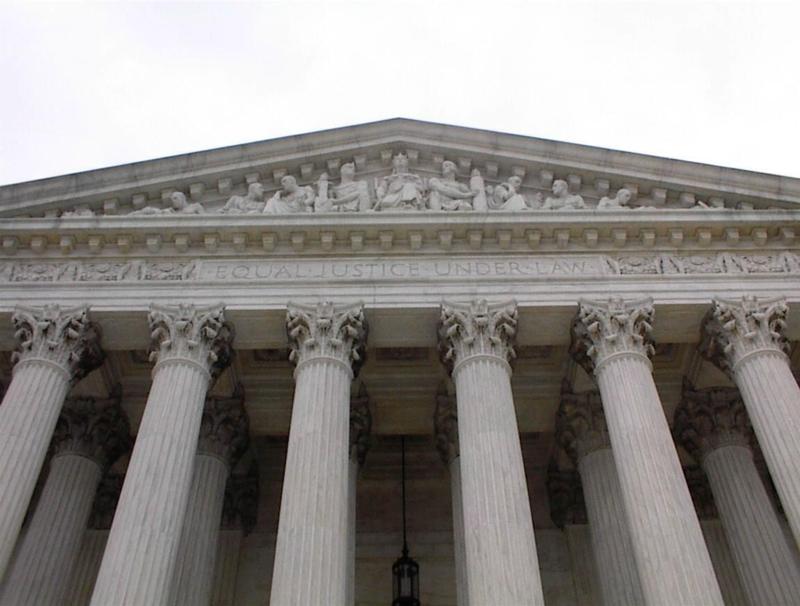The Supreme Court of the United States (SCOTUS) on April 5 issued an opinion in the case Google LLC v. Oracle America Inc. and accepted Brown v. Davenport for argument in October 2021.
In Google LLC v. Oracle America Inc., the court reversed the U.S. Court of Appeals for the Federal Circuit's ruling and remanded the case for further proceedings by a 6-2 vote. Justice Stephen Breyer wrote the majority opinion. Justice Clarence Thomas filed a dissenting opinion, joined by Justice Samuel Alito. Justice Amy Coney Barrett took no part in the consideration or decision of the case since she had not joined the court at the time of the case’s oral argument in October 2020.
The case was brought because Google copied verbatim portions of copyrighted code from 37 Java API packages and the packages' structure, sequence, and organization, and wrote its own, customized implementing code for use with mobile devices. In its ruling, SCOTUS held that Google's use of the programming code constituted a fair use of that material under copyright law.
With the Google ruling, all cases that were argued during the 2020 term’s October sitting have been decided. To date, the court has issued opinions in 26 cases this term. Five cases were decided without argument.
SCOTUS accepted the case Brown v. Davenport for argument during its upcoming term. The case concerns the standard necessary to grant federal habeas relief to a person held in state custody.
The case originated from the U.S. Court of Appeals for the 6th Circuit. Throughout his 2008 trial for first-degree murder, Ervine Davenport was visibly shackled. Davenport was found guilty. Davenport challenged his conviction, arguing that being in shackles contributed to his conviction. The state of Michigan found that the shackling did not affect the verdict. Davenport filed a federal habeas corpus petition with the 6th Circuit. The court granted a conditional habeas writ, concluding that Michigan was not able to show that Davenport’s shackling did not have a "substantial and injurious effect or influence in determining the jury's verdict." Mike Brown, as the acting warden of the prison where Davenport is being held, petitioned for an en banc review by the entire 16-judge 6th Circuit. The request was denied, and he appealed to the U.S. Supreme Court.
The Supreme Court will begin hearing cases for the 2021-2022 term on Oct. 4. The court's yearly term begins on the first Monday in October and lasts until the first Monday in October the following year. The court generally releases the majority of its decisions in mid-June. As of April 5, the court had agreed to hear 10 cases during its 2021-2022 term.
Additional Reading:



